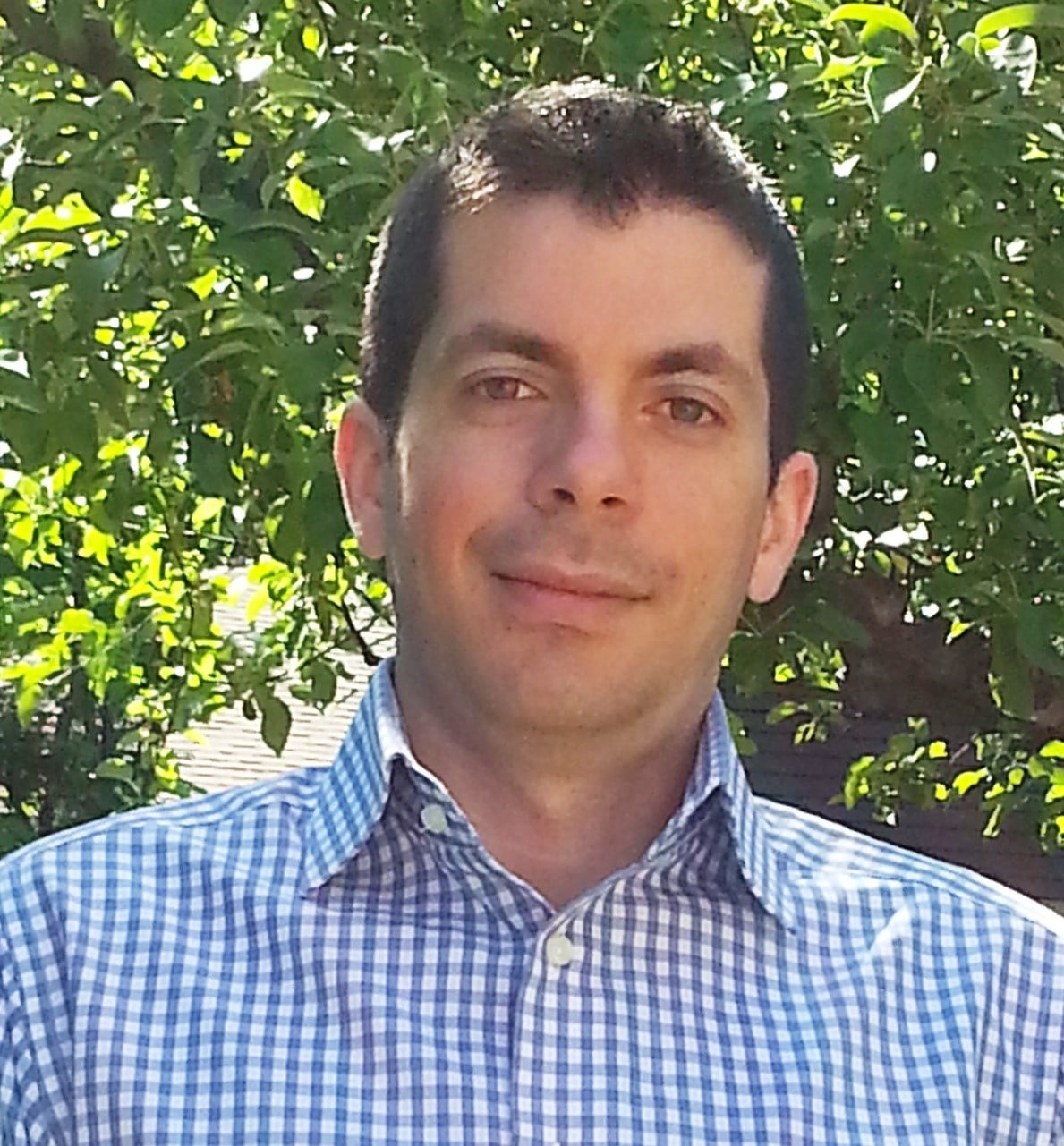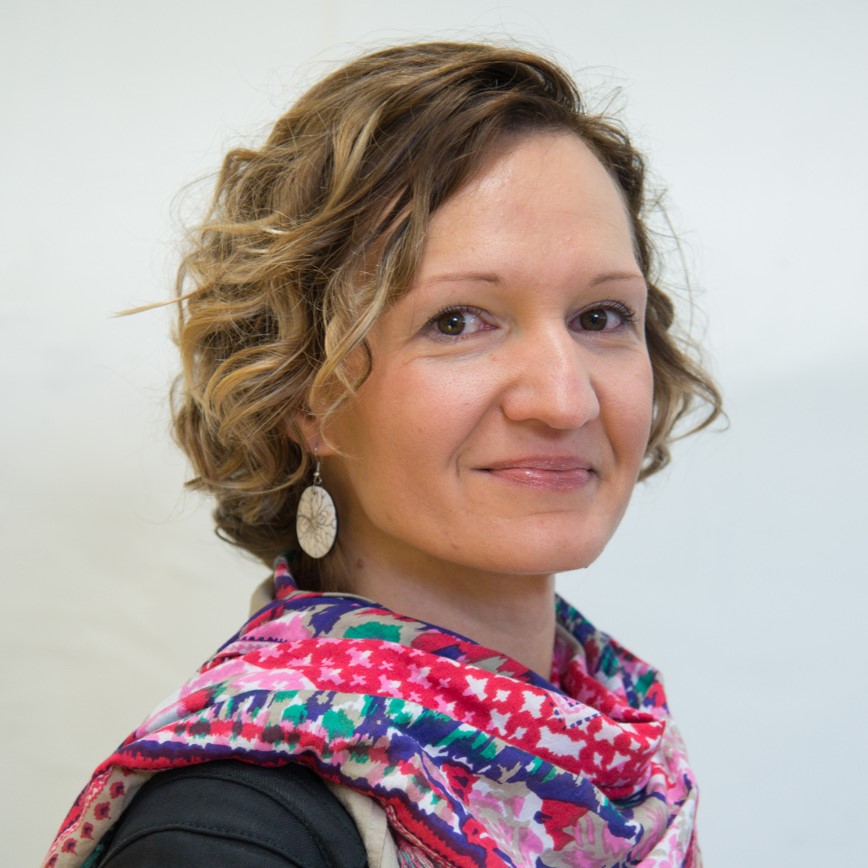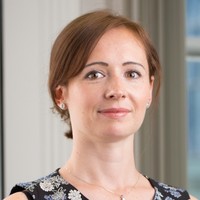Dec 11, 2019 | by
There is strong evidence that Savings Groups expand women’s access to financial services, and contribute to asset accumulation and increased business investments. As a result, Savings Groups are commonly promoted as an economic strengthening strategy within women's empowerment programming. But what do we really know about the pathways between Savings Groups and women’s empowerment?
This webinar will provide an overview of the evidence, and introduce participants to key concepts, good practices and tools for the effective results measurement of women’s empowerment outcomes in Savings Groups.
Much of the conversation around women’s financial inclusion focuses on narrowing the gender gap in access to financial services. As women’s economic empowerment (WEE) measurement frameworks are increasingly applied to better understand the impact of financial inclusion on the lives of women, we will discuss current trends, promising practices, existing gaps and challenges related to measuring women’s economic empowerment within financial inclusion.
We will then explore the relationship between Savings Groups and women’s empowerment, providing an overview of the evidence, examining key pathways for impact, and presenting a new monitoring and results measurement toolkit for women’s empowerment in Savings Groups.
 David Panetta, Program Director, Savings Groups, The SEEP Network
David Panetta, Program Director, Savings Groups, The SEEP Network
David Panetta is Program Director, Financial Inclusion through Savings Groups, at the SEEP Network, and leads the network’s initiatives to improve standards of practice, mobilize knowledge, create opportunities for learning, and strengthen partnerships and alliances among entities that promote or engage with Savings Groups. David led the development of Savings Group programs in 19 countries, reaching approximately one million members – working with the Aga Khan Foundation, DFID, Plan International, Mercy Corps, VSL Associates, World Vision and over one hundred local NGOs. He has a Master’s in Economics from McGill University and is fluent in English, French and Spanish.
 Diana Dezso, Data and Measurement Working Group Lead, FinEquity
Diana Dezso, Data and Measurement Working Group Lead, FinEquity
Diana Dezso leads the Data and Measurement Working Group of FinEquity. Diana has 20 years of experience in the financial inclusion sector. She specializes in knowledge management, organizational development and learning, capacity assessments, program implementation and evaluation, and new business development. She has worked in senior leadership positions of international organizations in both the USA and abroad, including the SEEP Network and ACCION USA. Diana has a master’s in public administration from New York University. She is fluent in Romanian, proficient in Spanish, and speaks basic French.
 Katherine Rickard, Senior Consultant, Financial Sector Development, Nathan Associates London
Katherine Rickard, Senior Consultant, Financial Sector Development, Nathan Associates London
Katherine Rickard is a senior consultant in financial sector development with Nathan Associates London, specializing in gender-sensitive financial inclusion and women’s economic empowerment.
Currently, Katherine manages DFID’s largest financial sector development program in Bangladesh, Business Finance for the Poor in Bangladesh (BFP-B), including the development of the first National Financial Inclusion strategy for Bangladesh.
In collaboration with the SEEP Network, Katherine led a one-year research initiative to understand the relationship between Savings Groups and women’s empowerment, culminating in the development of a learning brief, Women’s Empowerment and Savings Groups: What Do We Know?, and an accompanying monitoring and results measurement toolkit.
Prior to this, Katherine was a technical advisor at CARE International UK supporting multiple projects including Banking on Change, a long-term NGO/private sector partnership extending informal and formal financial services to unbanked populations in 11 countries.
This webinar is hosted by the SEEP Network
in partnership with FinEquity and FSDA.
Categories: Event Events

1621 North Kent Street, Ste 900,
Arlington, VA, 22209
P 202.534.1400
F 703.276.1433
Website Photos: © mari matsuri
